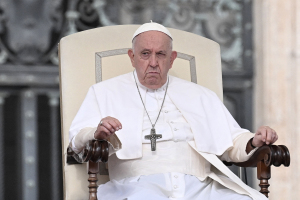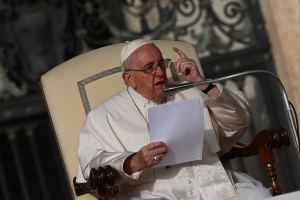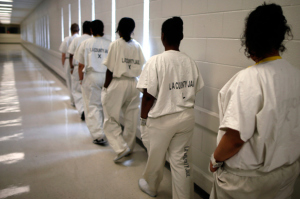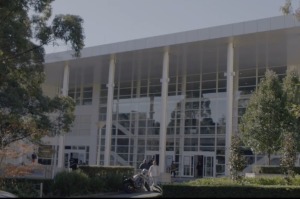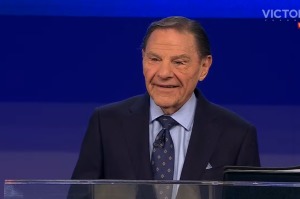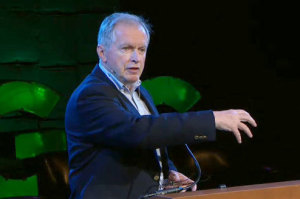Blacks Claim Obama Ignores Poverty
In 2009, the number of people living below the poverty level and on food stamps was around 32 million. Today, that number is closer to 47 million. Now a handful of black leaders are saying that President Obama has failed to address the issue, especially as it relates to the increasing number of African Americans who are still trapped in poverty.
Dr. Boyce Watkins, who describes himself as "a black man who happens to be a Finance Professor," is now questioning President Obama's commitment to addressing poverty in the black community and he is particularly calling out the president's special adviser, Valerie Jarrett, whom some argue is the person who influences the political decisions of Barack Obama the most.
In a recent column on ThyBlackMan.com, Watkins laid out a number of reasons why he faults Jarrett for saying "no" to many black issues.
"Some have said that the Republican Party has been the primary obstructionist that keeps President Barack Obama from dealing with African American issues," writes Watkins in a Sept. 17 post.
"Rather than earning the black vote by presenting a healthy track record of effort on behalf of the black community, black people are simply being told to 'keep the faith' (note the religious reference) and to 'have Barack's back,' (note the hood slang reference). It's as if we're being told to 'stop snitching' on the White House, while Obama Administration officials sit back and laugh at how stupid we are for not asking for anything in return for unprecedented political loyalty."
Watkins maintains that instead of working with Congressional leaders, including the Black Caucus which he says only met with Obama twice in two years, Jarrett works through people such as Al Sharpton, who in a 60 Minutes interview said he would never criticize Obama, even if he wasn't doing his job effectively.
"Part of the massive disagreement I had with Rev. Sharpton (we no longer speak and I don't expect that to change any time soon) had to do with Valerie, who seems more hell-bent on killing a critique than actually addressing it with constructive effort," writes Watkins. "My goal was to get to the bottom of the reason that the president was not meeting with the Congressional Black Caucus, which is apparently a question that black people are not allowed to ask."
The focus on poverty – or as some argue, the lack of any meaningful discussion – in the last 49 days of the election season seems to be an issue that irritates black leaders. Not because it may possibly take votes away from the Democratic incumbent, but because little is being done to alleviate the problem.
"Poverty, inequality and violence are not specifically dealt with" by most in either political party, including Obama, said the Rev. Jesse Jackson, Sr. "These problems are too vast to go away and too expensive to ignore."
Jim McLaughlin, a GOP pollster, was even more direct in his assessment, saying he is "avoiding the issue because it happened under his watch and he's afraid of being blamed for it."
Watkins still levies a higher level of expectation for Obama, mainly due to the overwhelming amount of support he has garnered from the black community.
"Those who feel that President Obama is being held to a higher standard than President Bush are absolutely correct: Bush didn't get 90% of our vote, so he didn't owe us much of anything," Watkins said. "Barack Obama DOES owe us something, the same way he owed (and paid) a debt to his gay and Hispanic constituents, who threatened to withdraw their support if the administration didn't get in line with their agenda."
















